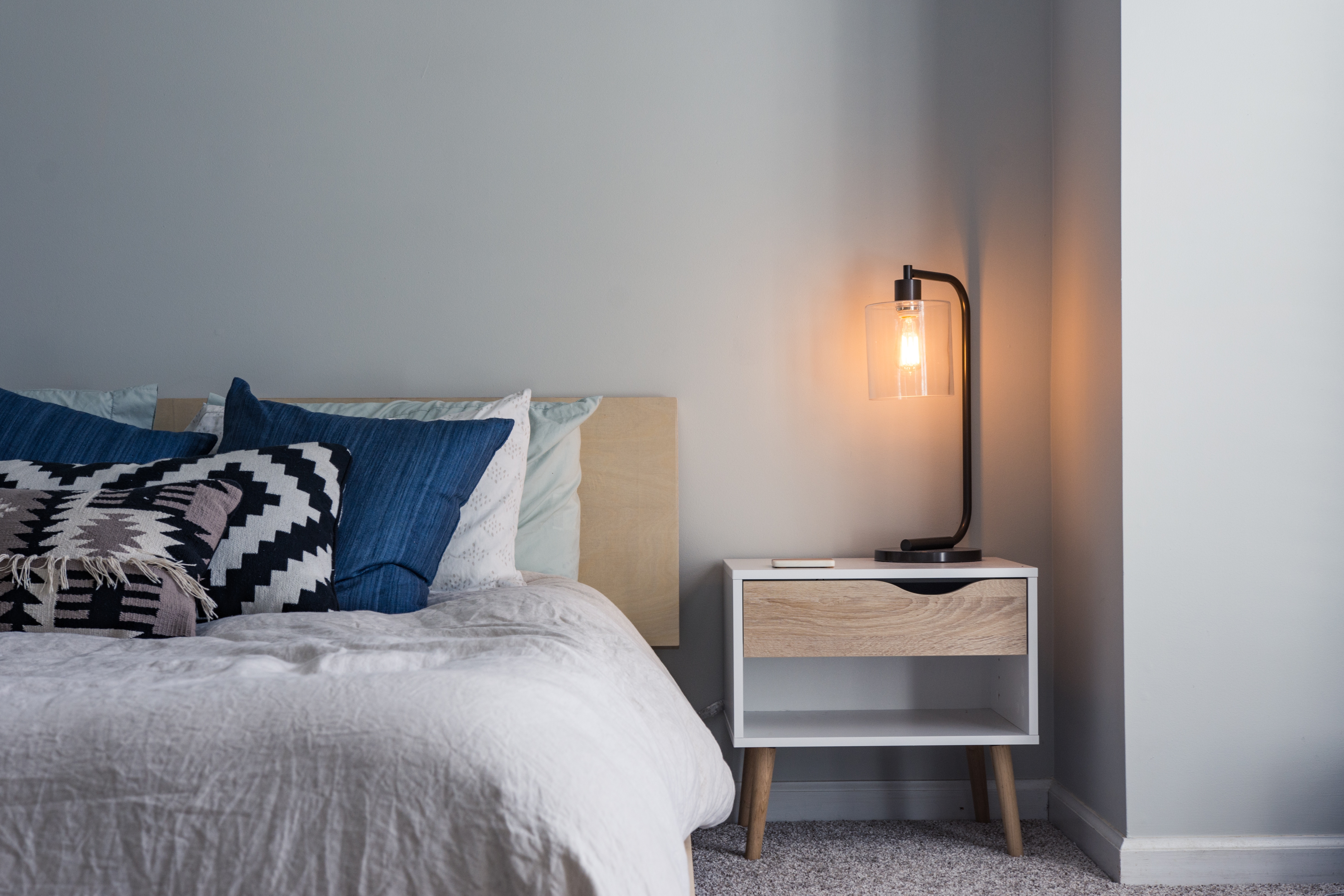Welcome to our special section, Thrive on Campus, devoted to covering the urgent issue of mental health among college and university students from all angles. If you are a college student, we invite you to apply to be an Editor-at-Large, or to simply contribute (please tag your pieces ThriveOnCampus). We welcome faculty, clinicians, and graduates to contribute as well. Read more here.
A new report from the Sleep Cycle Institute finds that high school and college students in the U.S. get less sleep per night on average — and wake up in a worse mood — than their peers around the world.
A high-functioning day requires a good night’s sleep, and prioritizing healthy sleep-habits and a consistent wind-down routine is critical to a good night’s sleep. The National Sleep Foundation, which recommends age-specific sleep durations, advises seven to nine hours of shut-eye.
I sometimes fail to prioritize my own sleep. Bringing a smartphone or laptop into bed often triggers these incidents. In fact, according to Google, the average mobile viewing session on YouTube lasts more than 40 minutes. Late at night, users often fall into a lengthy, hypnotic cycle of watching Netflix shows, YouTube clips, and social media updates.
In order to avoid this, I leave my phone and laptop either in a different room or in a corner of my bedroom to charge at night. Still, many people rely on their smartphones as an alarm clock. An inexpensive alarm clock, however, can easily fill this essential role. The third search result on Amazon for an alarm clock costs only $11.49 and can greatly reduce the technology distraction.
According to the 2011 Sleep in America poll conducted by the National Sleep Foundation, nine out of 10 Americans report extensive use of technological devices before bed. The poll relates this phenomenon to poor sleep quality and efforts to compensate with naps and caffeine. Both stimulants like caffeine and depressants like alcohol impede natural sleep rhythms.
Reduced sleep — associated with depression, obesity, diabetes, cardiovascular disease — also impairs neurocognitive function and metabolism. In other words, your body works less efficiently and effectively.
Maintaining a consistent sleeping pattern — as well as keeping technology out of the bedroom — improves academic and athletic performance as well as emotional and physical health.
Cell phones emit radio frequency (RF) energy, a low form of electromagnetic energy. But, according to the American Cancer Society, some studies have found a possible link between cellphone use and cancer, warning of “brain cancer,” “lower sperm counts” for men, and negative “effects on learning and memory.” Although many studies have admittedly failed to find conclusive evidence, as cell phone technology has rapidly evolved, it is difficult to ascertain the long-term effects.
In 2017, the California Department of Public Health (CDPH) issued guidelines about cell phone safety. They advised citizens to keep phones away from their bodies, use a Bluetooth headset and sending texts instead of talking on phone, and carry their phones in a backpack or purse instead of pocket. It may be in your best interest to physically remove any technological distractions from your bedroom.
iPhone manuals also indicate that their cellphones are tested at a distance of five mm from the body (a length greater than the thickness of the average pocket fabric). Apple recommends hands-free options like speakerphone or headphones to reduce RF energy exposures as well as a healthy distance from technology.
The bedroom is a space tranquility and sleep. There is no place for the blue light emitted from screens that suppresses the release of sleep-inducing melatonin and interferes with the body’s natural schedule, according to multiple studies. The key to a good night’s sleep — as well as mental and physical health — is a limited relationship with technology.
My own wind-down routine involves consistently brushing my teeth and reading a few chapters of a book. I find that a good night’s rest makes me more efficient for the rest of the day and in the end saves time. There is no rest for the weary, but there is the rest for the wary — of technology.
Subscribe here for all the latest news on how you can keep Thriving.
More on Mental Health on Campus:
What Campus Mental Health Centers Are Doing to Keep Up With Student Need
If You’re a Student Who’s Struggling With Mental Health, These 7 Tips Will Help
The Hidden Stress of RAs in the Student Mental Health Crisis


